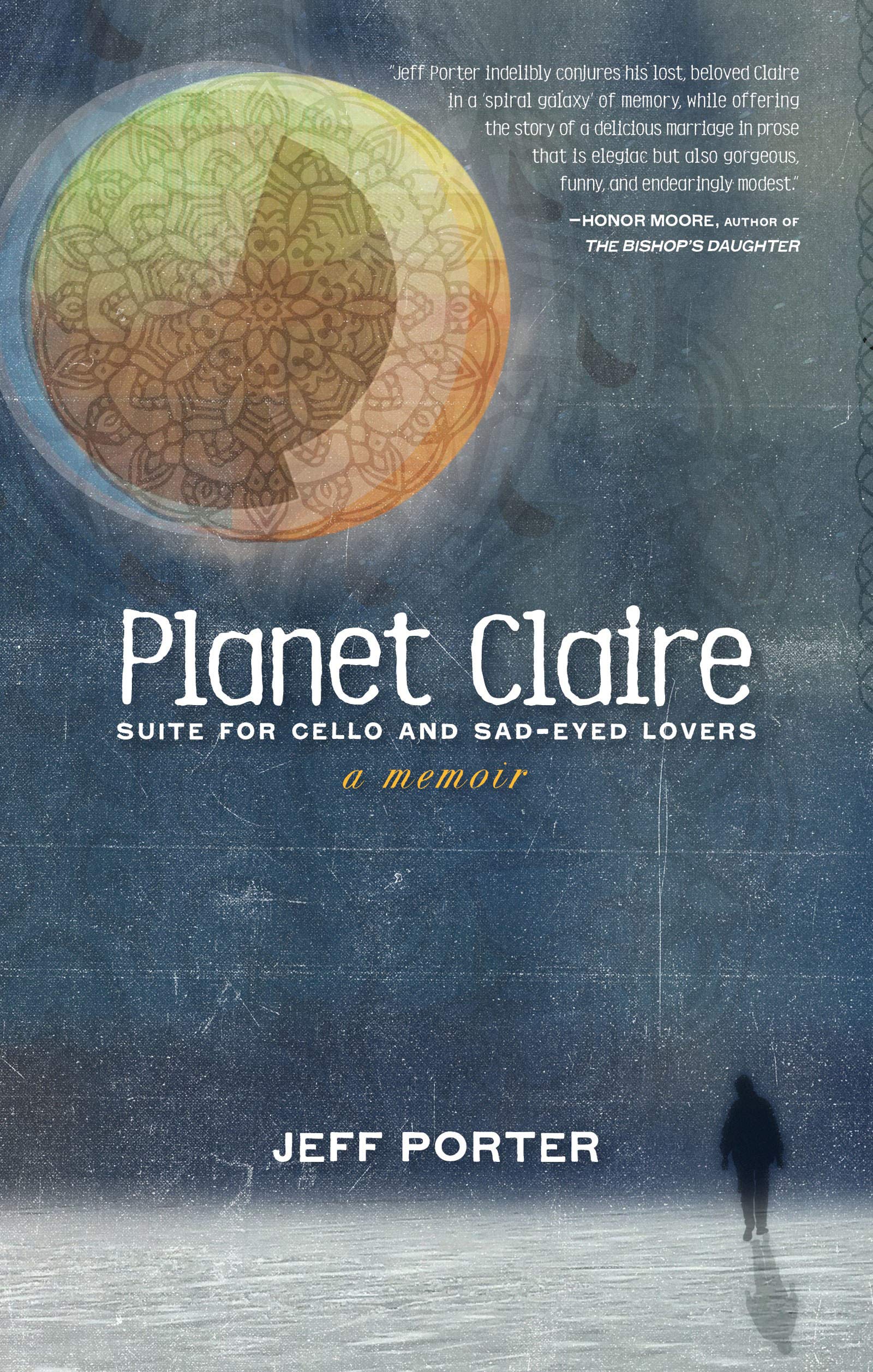 Planet Claire is a memoir of grief in which Jeff Porter, a professor, recounts losing his wife suddenly when her undiagnosed brain aneurysm explodes. The narrative weaves together his own past, a portrait of Claire (his wife, a fellow academic), their life together, and the difficulty of coping in the wake of her loss.
Planet Claire is a memoir of grief in which Jeff Porter, a professor, recounts losing his wife suddenly when her undiagnosed brain aneurysm explodes. The narrative weaves together his own past, a portrait of Claire (his wife, a fellow academic), their life together, and the difficulty of coping in the wake of her loss.
At its best, Planet Claire is a searing account of love lost. Reading this at the end of 2020 was difficult; the painful suddenness of her death, and the incomprehensibility of losing one so dear to you, almost felt contagious, like I could catch it from reading. He paints Claire so vividly that I was indignant on her behalf upon learning through the afterword that he has remarried in the four years since her death – absolutely unfair, I know, but for the reader, the grief at her loss is much too fresh to consider any such thing. This sentiment is, of course, owed to Porter’s own skill at conjuring her.
The most compelling parts of the book are in his exploration of Claire’s archive, through letters and notebooks she kept both before and after their marriage, and of his memories of their life together (a bittersweet account of their first awkward kiss, during which their glasses become hopelessly entangled, is a highlight). He often relies, too, on photographs of Claire, which are not reproduced but richly described, bringing to life a deep love shared across two decades in moments of beautiful, distilled clarity.
Less successful, for me, was the conceit Porter chose to tie his ruminations together: the alter-ego “Space Boy,” who, in addition to sharing a (presumably) coincidental name with a lead character of Umbrella Academy, searches through the cosmos for an impossibly absent Claire. This conceit also extends to the book’s separation into chapters with planetary/astrological titles; these prompted some vague reflections but didn’t really help cohere things for me. And while there are some moving reflections on mortality here, the weak structure of the memoir means they can get lost in a muddle, coming through as an undifferentiated mire of grief. Then again, one could say that this is a faithful reproduction of the emotional tumult experienced after a loss.
There are also some uncomfortable moments when the memoir makes some missteps discussing race. After securing a teaching post in South Carolina, Porter notes how, upon arrival, he becomes “scared of white Southerners” and feels compelled to note, “I don’t even feel white anymore.” The text immediately moves past this bizarre and unexamined statement; the only other times race comes up are when – twice – Porter feels it necessary to note that he sees “black youths playing basketball.” Other people he observes tend not to be marked racially at all, which again, makes it seem like these moments are pointing to something Porter ought to unpack in his own assumptions and writing. They were jarring and unwelcome in what was otherwise a poignant exploration of loss.
A copy of this book was provided by the publisher for review.



